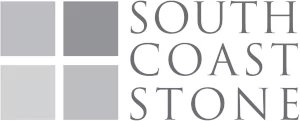When shopping for granite worktops, you will notice that there are a number of different products from which to choose. Each of which has its own price tag. If you are wondering what exactly determines the price of that slab, here are the main factors.
Grade
The grade or quality of the stone is the top factor. The grade is determined by the porosity and natural imperfections found in the stone. First Grade is the most expensive while Commercial Quality is of the medium price range and Second Grade is the cheapest option.
Supply and demand
This is a general principle in all products and services. The greater the demand and the lower the supply, the higher the price. A stone with certain rare qualities will fetch a higher price because of the fact that it is in limited supply.
Thickness
This should come as no surprise because thicker slabs mean that you are essentially buying more stone. The thicker the slab, the higher the price and the more durable your worktop. Thinner slabs might be cheaper but they are not as durable as a thicker variety.
Size
Smaller slabs are cheaper than larger ones. If you have a large area to cover, you might want to consider using several smaller slabs with seams in between. This will be a cheaper option than one or two large slabs. If you are concerned about the seams showing up, make sure that you choose a stone colour and design that can help conceal this. For example, stone with intricate veining patterns is better at hiding seams. If you are unsure, ask your stone supplier.
